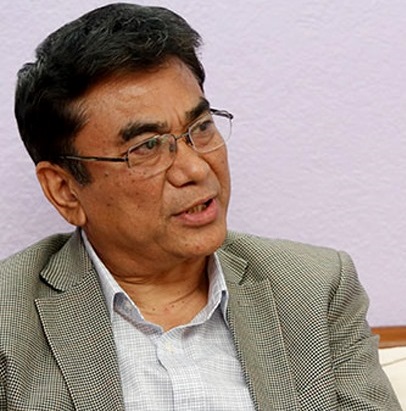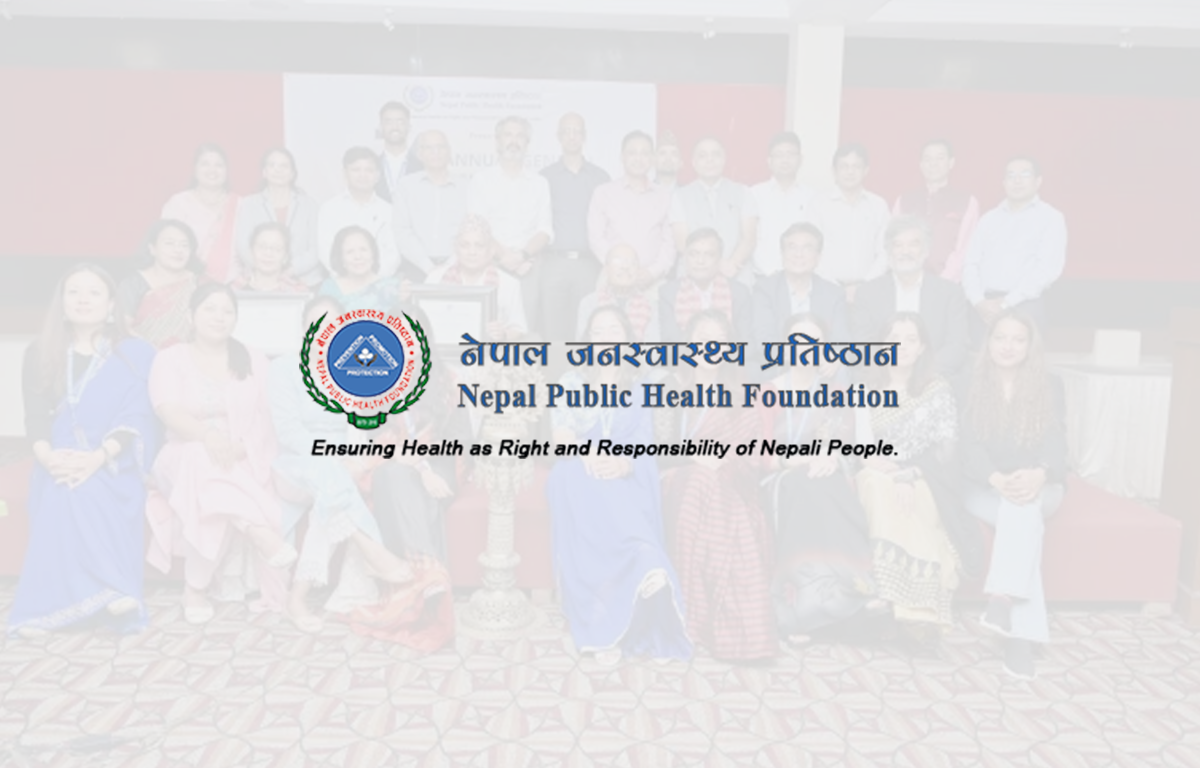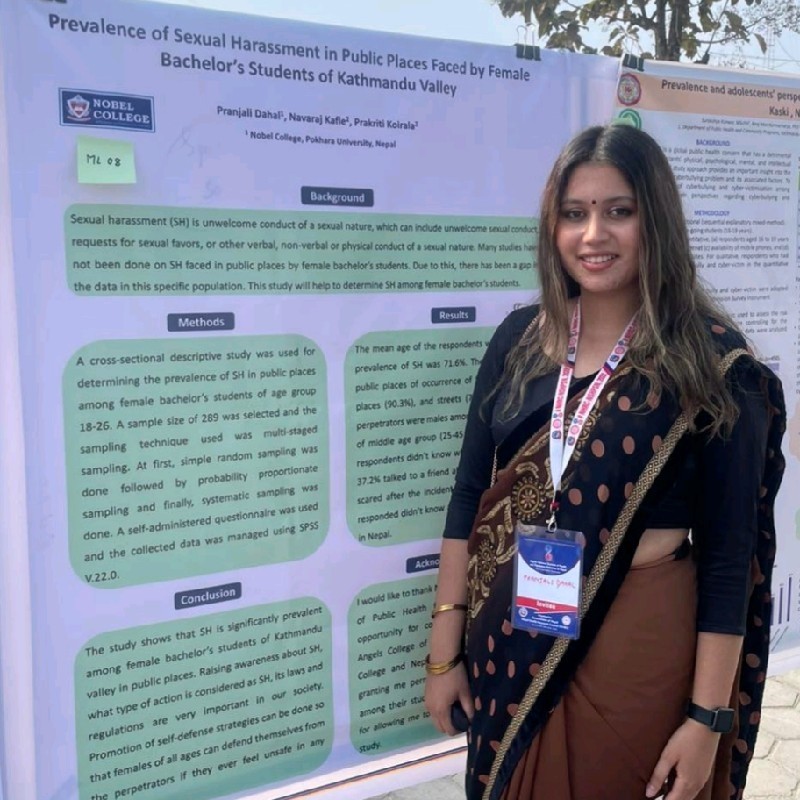About Us
Nepal confronts with triple burden of diseases, malnutrition, and a weak health system as the major threat to nation’s health as well as a formidable barrier to meeting Millennium Development Goal. While communicable diseases are still an important cause of preventable deaths, the chronic non-communicable diseases have emerged as major killers. Injuries and disasters, along with emerging and reemerging diseases associated with the change in environment, constitute the third category in the burden of diseases.
In spite of economic backwardness, difficult terrain and decade of violent conflict, there has been remarkable improvement in health indicators such as Infant Mortality Rate, Maternal Mortality Ratio and Total Fertility Rate. The right of Nepali people for basic health care is enshrined in the interim constitution of 2007. However, the nutritional status has not changed much, and there is much to be desired for achieving health for all, calling for a need to integrating health action with equitable and sustainable development efforts, strengthen health system through revitalization of Primary Health Care and ensure good nutritional status through multi-sectoral collaboration.
To meet such challenge, a concerted public health response is needed which gives as much emphasis on multisectoral cost effective intervention for health promotion and disease prevention as to affordable diagnostic and therapeutic health care. It requires both capacity for “research for health”, healthy public policy development and analysis, pilot interventions and evaluation, in developing models of prevention and control strategies, health care management, health care financing and health system organizations. It highlights the role of systematic review and system thinking as important tool to strengthen health systems. Such response demand effective and efficient networking with public health professionals and institutions both within the nation and on regional and global level, so as to ensure policy and interventions that are evidence based, context specific and result oriented.
To launch such response a critical mass of public health experts and activists have to come together in an apex body that has full autonomy exercised by its governing board and general body. Such an organization should be able to work together with government and non-government organizations, private sector and community based organizations, health sciences and research institutions, and most importantly, people’s health movements. It would be the principle vehicle of civil society to ensure public health advocacy and community based action that would empower the people at community level and above.
Nepal Public Health Foundation is conceived to become such organization.
Our Objectives
- Engage public health stakeholders for systematic review and analysis of existing and emerging health scenario to generate policy recommendations for public health action; especially in the context of the changing physical and social environment, the increasing health gap between the rich and the poor, and the impact of other sectors on health.
- Prioritize public health action and research areas and facilitate pilot interventions in collaboration with national and international partnerships with special emphasis to building communities’ capacity.
- Strengthen health system through systems thinking for effectively responding to the problems of public health.
- Support/establish existing or new community based public health training institutions.
- Ensure continued public health education (CPHE) by disseminating latest advancements in public health knowledge and research. Publish books, monographs, educational materials and self-learning manuals.
- Provide research fund for deserving researchers and public health institutions, with priority given to community-based institutions.
Focus Areas of NPHF
- Health policy and Systems Research
- Human Resource Development
- Communicable Disease Control
- Non-Communicable Disease Control
- Nutrition Research
- Maternal and Child Health
- Disaster Prevention and Management
- Coordination, Advocacy and Communication
- Social Determinants for health
- Health Economics
- Health Technology Research
- Epidemiology, Biostatistics and Demography
- Health Promotion and Social Mobilization
- Environmental Health and Hygiene
Executive Board Members
-

Dr. Mahesh Kumar Maskey
Founding Chairman & Executive Chief -

Prof. Dr. Lochana Shrestha
President -

Dr. Sameer Mani Dixit
Vice President -

Prof. Dr. Abhinav Vaidya, MD PhD
General Secretary -

Dr. Rajendra Kumar BC
Treasurer -

Dr. Raba Thapa MD, PhD
Member -

Dr. Madhur Basnet
Member -

Dr. Jitendra Pariyar
Member -

Dr. Aruna Uprety
Member -

Dr. Karuna Onta
Member










